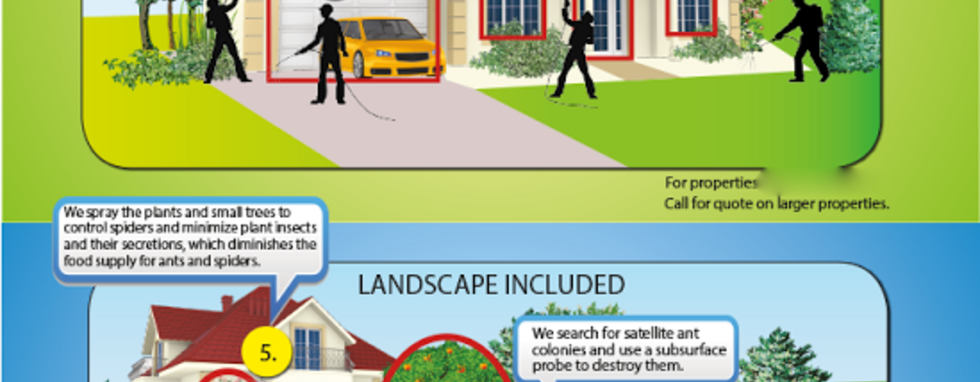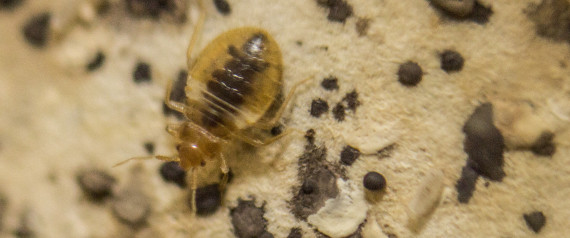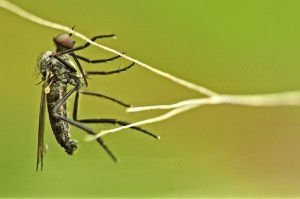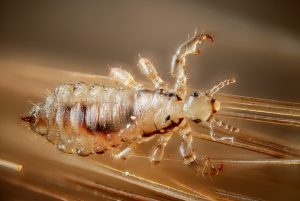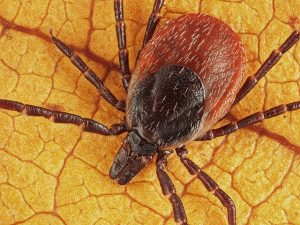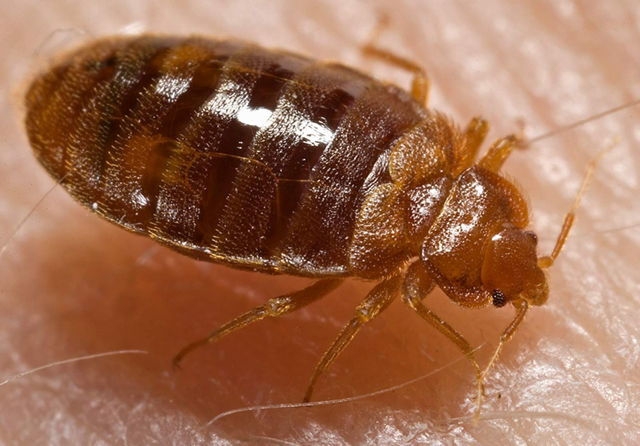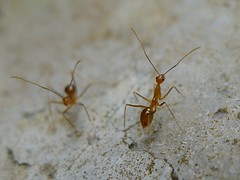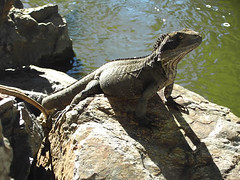Climate change is a challenging issue that has major implications for our ecosystem, including an overlooked impact on pest control. One lesser-known result of this phenomenon is its influence on pest control. With the increasing temperatures and shifting weather patterns globally, pests are acclimating and prospering in unfamiliar habitats.
To properly handle this challenge, efficient pest control techniques must also advance. We will look at how climate change affects pest control and what efforts can be made to adapt to these changing conditions in the below article.
How is Climate Change Affecting Pest Control?
Pest control is one of the impacts of climate change that is often overlooked. As temperatures rise, precipitation patterns shift, and extreme weather events become more frequent, pests are able to thrive in new environments, spread more easily, and become more resistant to traditional pest control methods. Both homeowners and pest control professionals face this challenge.
Increased Pest Activity
One of the most direct impacts of climate change on pest control is the increased activity of pests. Insects, such as mosquitoes, cockroaches, and termites, which are well-adapted to warm climates, reproduce faster and mature faster at warmer temperatures, resulting in larger populations and more infestations.
Expansion of Pest Range
Climate change is also causing pests to expand their range into new areas. Agricultural pests, which can cause substantial damage to crops and threaten food security as temperatures rise, can now survive in areas that were previously too cold for them.
Increased Risk of New Pests
Climate change is not only expanding the range of existing pests, but it is also increasing the risk that new pests will emerge. As the environment changes, new species of pests can establish themselves in new areas. It can be especially difficult to control these new pests because traditional pest control methods may not work.
Reduced Effectiveness of Pest Control Methods
Climate change is also making it more difficult to control pests using traditional methods. Pesticides, for example, may become less effective in warmer temperatures. Additionally, some pests are becoming more resistant to pesticides, making control more challenging.
Adaptation and Innovation
A changing climate has forced pest control professionals to develop new methods of pest control that are more effective in the face of these challenges. Pest control professionals are adapting and innovating in response to these challenges. Biological control, which uses natural enemies of pests to control them, and integrated pest management (IPM) are two methods that use a combination of methods to control pests.
Conclusion
Climate change presents a multifaceted problem with widespread implications, including an overlooked effect on pest management. Recognizing the difficulties brought about by climate change, pest control professionals can adjust and create novel approaches for controlling pests that are both successful and environmentally friendly. Likewise, educating the public is essential to fighting climate change and pests likewise. By espousing preventative measures and supporting sustainable pest control practices, homeowners and businesses may reduce the threat of pest infestations and help guard the terrain.



